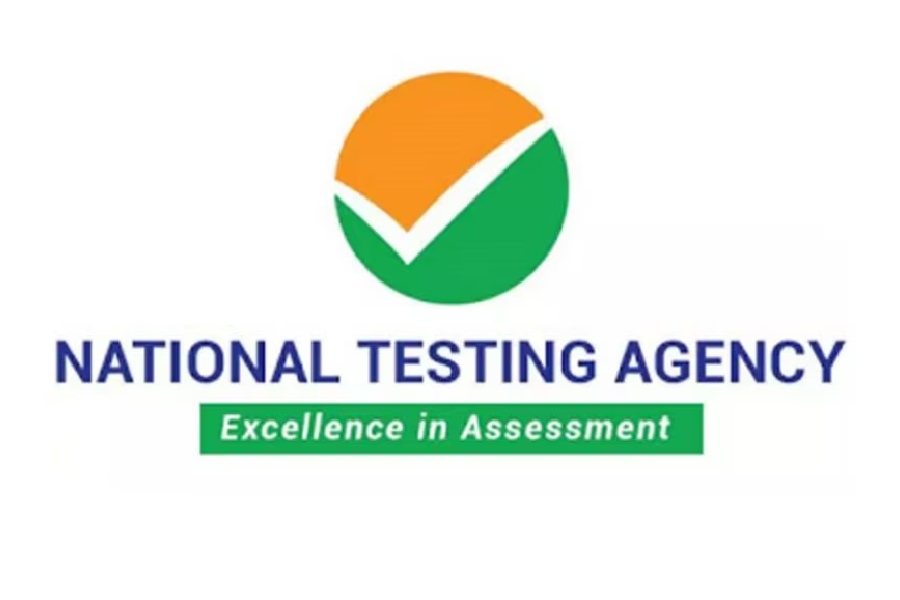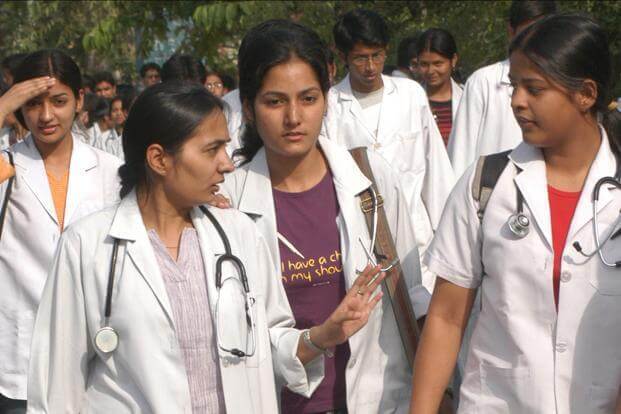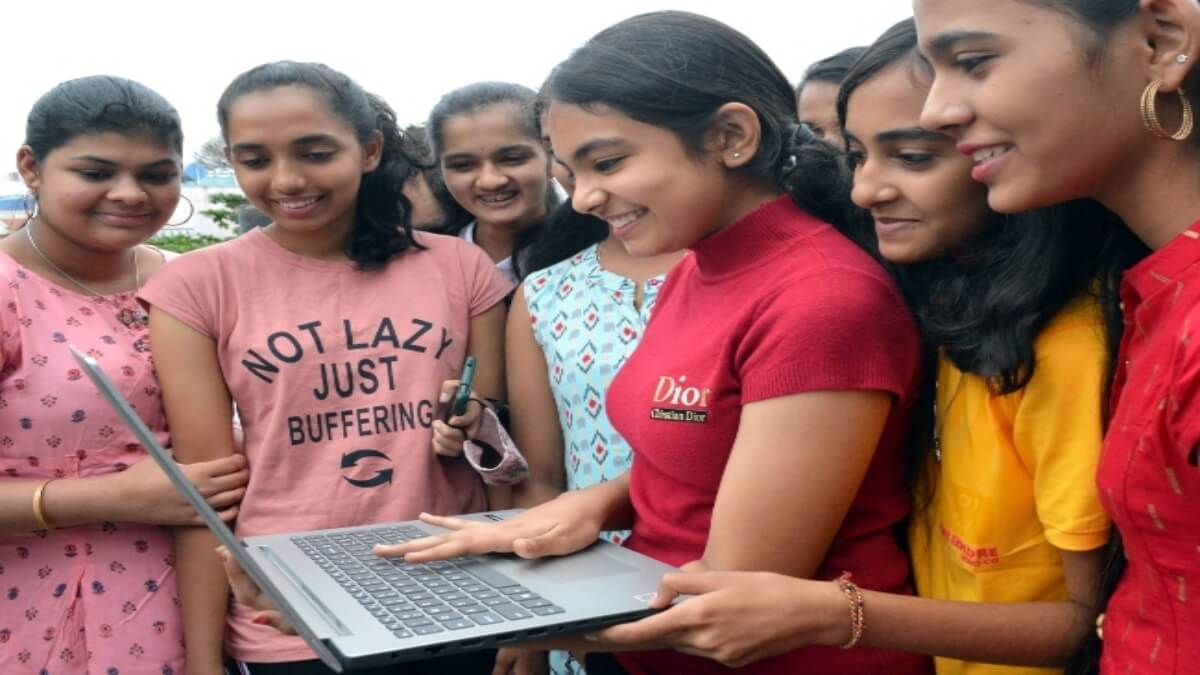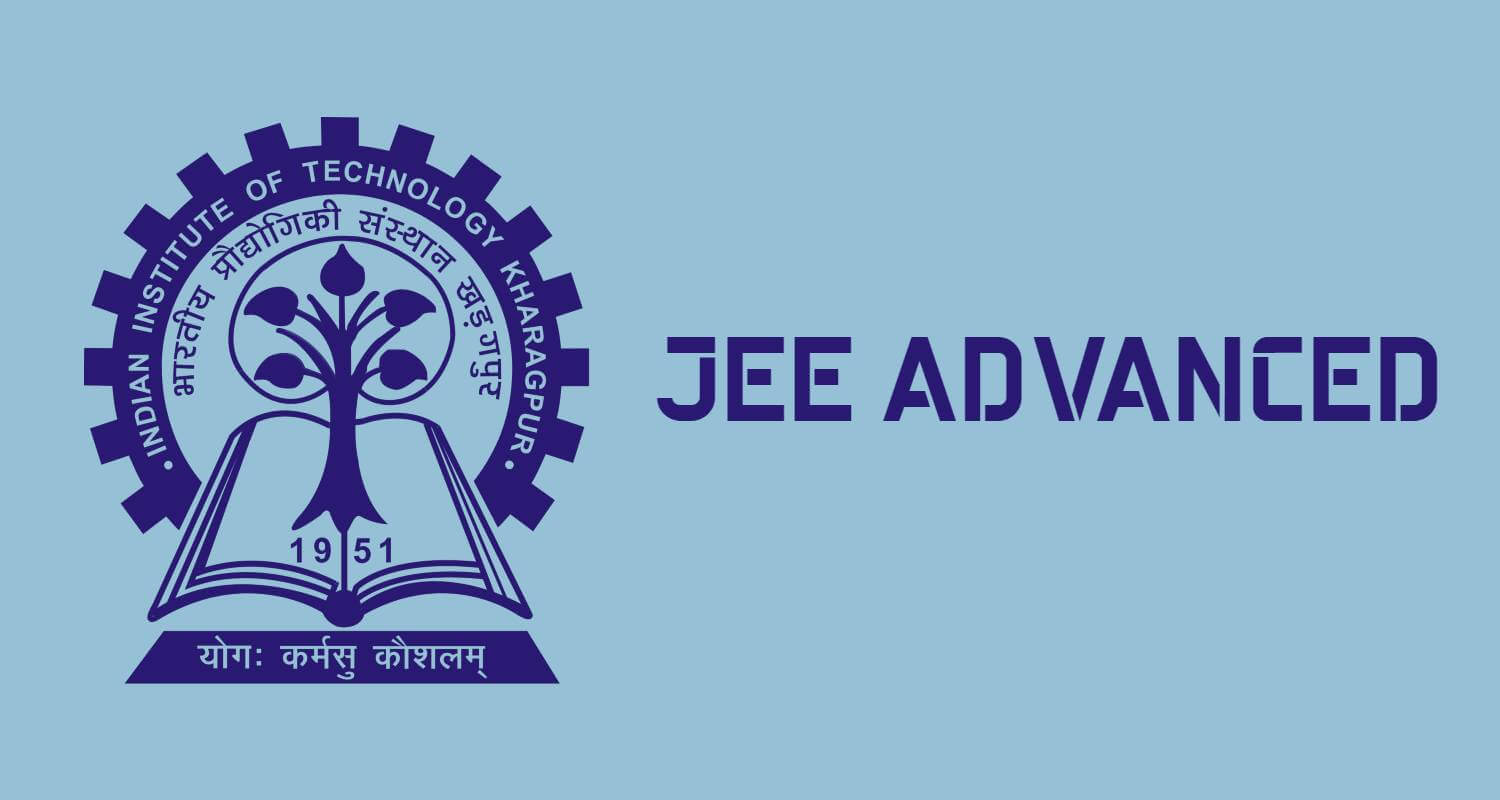NEP 2020 has crucial role to play in a self-reliant India or an “atmanirbhar Bharat”: PM Modi in I-Day Speech
Sat 15 Aug 2020, 21:22:59
.jpg)
Education has a crucial role to play in making India self-reliant and prosperous and the new National Education Policy has been introduced with this objective, Prime Minister Narendra Modi said on Saturday.
Addressing the nation on India’s 74th Independence Day from the ramparts of the Red Fort, the prime minister said the NEP seeks to strengthen research and innovation in the country to help it progress in a competitive world.
“Education has an important role to play in making India self-reliant, happy and prosperous. With this objective, we have been able to give the country a new education policy after over three decades,” Modi said.
“This will shape the India of the 21st century. We will soon have citizens who shape a new India, ones who are global citizens but know and understand their roots. The new education policy also focuses on research and development to make India a key research and development destination for the world,” he said.
“The policy lays special emphasis on the National Research Foundation because innovation is important for the country’s progress. Only when we strengthen innovation and research will our country remain competitive and move ahead. The more
innovation is strengthened in the country the more progress it will make in a competitive world,” he added.
innovation is strengthened in the country the more progress it will make in a competitive world,” he added.
Approved by the government last month, the NEP replaces the 34-year-old National Policy on Education framed in 1986. It is aimed at paving the way for transformational reforms in school and higher education systems to make India a global knowledge superpower.
The prime minister also underlined the opportunity presented by the COVID-19 pandemic for the education sector in the form of online classes.
“Did anyone even think that online classes would reach our villages so quickly? Sometimes an opportunity can show itself even during a disaster. Online classes have become a culture during the times of COVID,” he said.
Universities and schools across the country have been closed since March 16, when the Centre announced a countrywide classroom shutdown as part of measures to contain the COVID-19 pandemic. A nationwide lockdown was imposed on March 25.
The prolonged closure of educational institutions has mandated a shift from classroom teaching to online learning. According to the HRD Ministry, the closure of schools has impacted over 240 million children in the country.
No Comments For This Post, Be first to write a Comment.
Most viewed from Edu and Jobs
AIMIM News
Latest Urdu News
Most Viewed
May 26, 2020
Do you think Canada-India relations will improve under New PM Mark Carney?
Latest Videos View All
Like Us
Home
About Us
Advertise With Us
All Polls
Epaper Archives
Privacy Policy
Contact Us
Download Etemaad App
© 2025 Etemaad Daily News, All Rights Reserved.





.jpg)
























